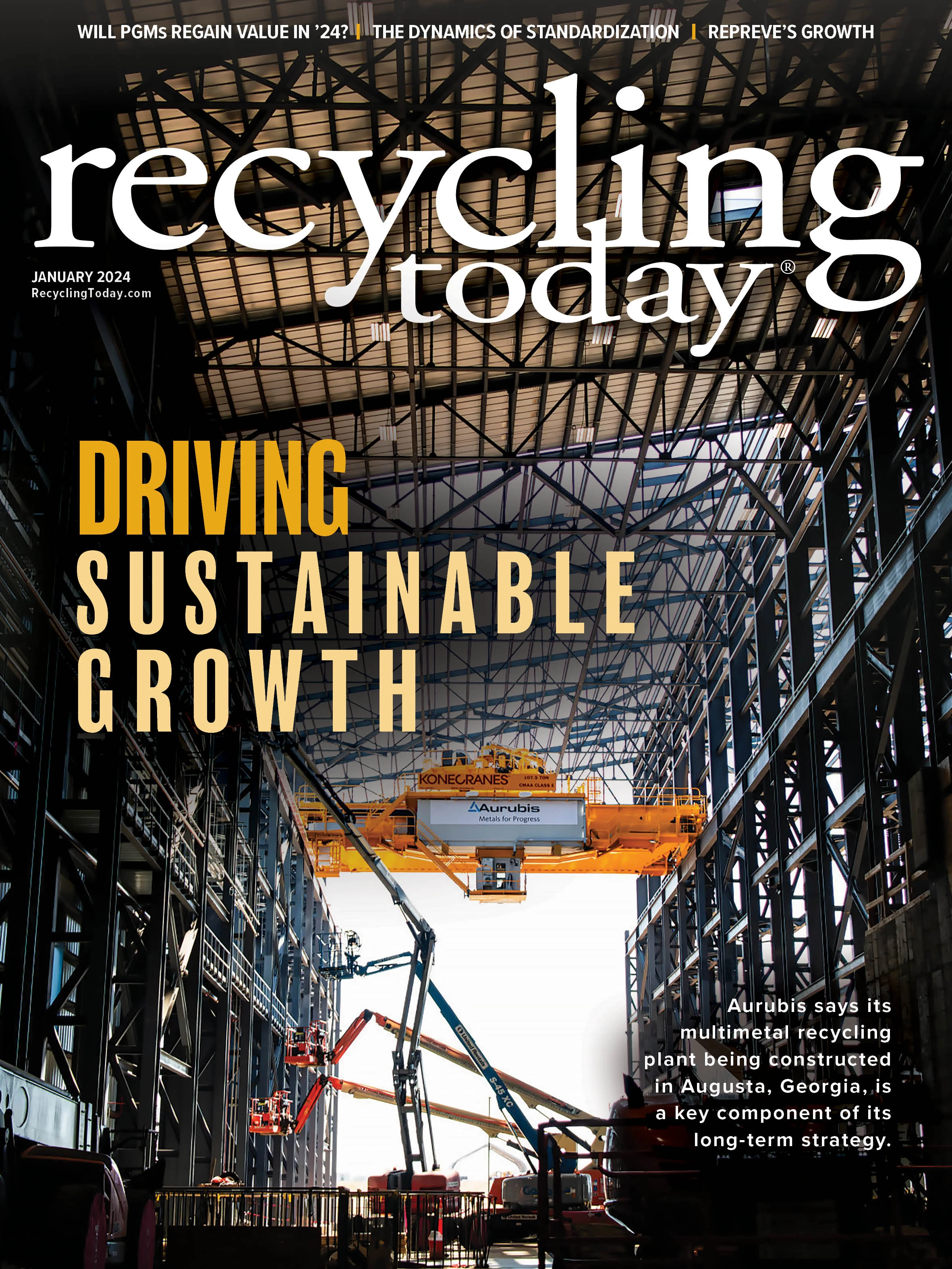
International Shipbreaking to add robotics technology
Brownsville, Texas-based marine recycler International Shipbreaking LLC (ISL), plans to introduce robotics to its operations that use software developed by a team of academics and engineers in Massachusetts. The robots will assist employees in cutting metal using oxy-propane torches as some of the world’s largest vessels are decommissioned, according to ISL, which is part of U.K.-based metal recycler EMR.
“As part of the EMR group, a global leader in sustainable materials, ISL is working to transform the global metal recycling industry,” says Roger Morton, director of technology and innovation at the EMR Group. “We’re utilizing the latest technology to bring a range of benefits, whether that’s to improve sustainability or increase safety.”
Under the new system, once ISL employees have planned which section of the vessel must be removed, they will show the robot where to cut. The software being developed will then allow the robot to identify the desired cutting line, how far it extends and the best angle to position the attached torch, the company says. Operators can then stay a safe distance away while the robot burns along the line.
Assistant Professor Berk Calli and doctoral researcher James Akl are developing the technology in the Department of Robotics Engineering at Worcester Polytechnic Institute in Massachusetts. The first phase of the research is focused on testing the software that underpins the robotic system, giving it complex-shaped objects based on real-world examples of scrap metal and using this to create a cutting point plan. The team is focused on how to control the oxy-propane cutting system automatically, ISL says.
Once the technology is fully developed and tested, ISL says it will be manufactured commercially and made available to shipbreaking companies around the world.
“As a market leader, we also want to improve safety across the industry,” Morton says. “And the productivity benefits that this system will offer for responsible recyclers should, we hope, help them compete with those operating shipbreaking on beaches who care neither about safety nor the environmental damage they do.”

Pilot program aims to divert plastic through 3D printing
QBE North America, New York City, has announced that the city of Surprise, Arizona, has been selected as the pilot site for an initiative aimed at helping cities and other sites reduce plastic waste.
The initiative, developed by United Kingdom-based Automedi, was the winner of the 2022 QBE AcceliCITY Resilience Challenge, hosted by Boston-based Leading Cities in partnership with QBE North America. Automedi won City Solution of the Year, garnering a cash prize of $100,000 to fund the pilot project.
“The city of Surprise is honored to be chosen as the pilot site for Automedi’s innovative plastic waste reduction solution as our region is in need of forward-thinking recycling solutions,” Surprise Public Works Director Kristin Tytler says. “Like many cities and municipalities across the country, Surprise paused curbside recycling due to soaring costs and a decreased market for recyclables that left a high percentage in the landfill. After searching for more sustainable recycling solutions, the city is in the process of resuming curbside collection. Automedi’s pilot solution will be a great supplement to that and a unique way to showcase how plastic waste can be made into useful products.”
Unlike conventional manufacturing and supply chains, Automedi uses localized 3D print vending technology to transform end-of-life plastic into functional products, reducing CO2 emissions by up to 98 percent, according to the company. Through its user-friendly e-commerce platform, local businesses can place made-to-order product orders, contributing to a more sustainable future while supporting the local economy, Automedi adds.
The pilot project will rotate three 3D printers in various community gathering places, such as libraries, schools and sports venues. The community will be able to print plastic products at no cost using plastic recyclables collected in the city.
“Because of the long-standing commitment QBE has demonstrated to improving urban resilience, this pilot project will serve as a first-of-its-kind deployment in the United States, ushering a new era of plastic recycling possibilities,” Leading Cities President and CEO Michael Lake says. “Shockingly and tragically, only about 9 percent of the world’s plastic is being recycled. Instead, much of it ends up in landfills or in our oceans.”
The city of Surprise says it understands there is an urgent need to address plastic waste issues, and this pilot program has the potential to reshape waste management practices locally and globally. Surprise says it is committed to pioneering sustainable solutions like this one and intends to work with its smart city consortium partner, The Connective, to share results and best practices with neighboring municipalities and to identify opportunities to scale this initiative throughout the region.

Explore the January 2024 Issue
Check out more from this issue and find your next story to read.
Latest from Recycling Today
- RRS adds to ownership team
- S3 Recycling Solutions acquires Electronics Recycling Solutions
- Nextek, Coveris to recycle food-grade plastic film
- Recyclekaro expands recycling capacity
- USTR hears comments on port fee proposal
- C&D World 2025 hits record attendance and exhibitor numbers
- Denali now offers mobile depackaging service
- Hyundai confirms Louisiana as EAF mill site





